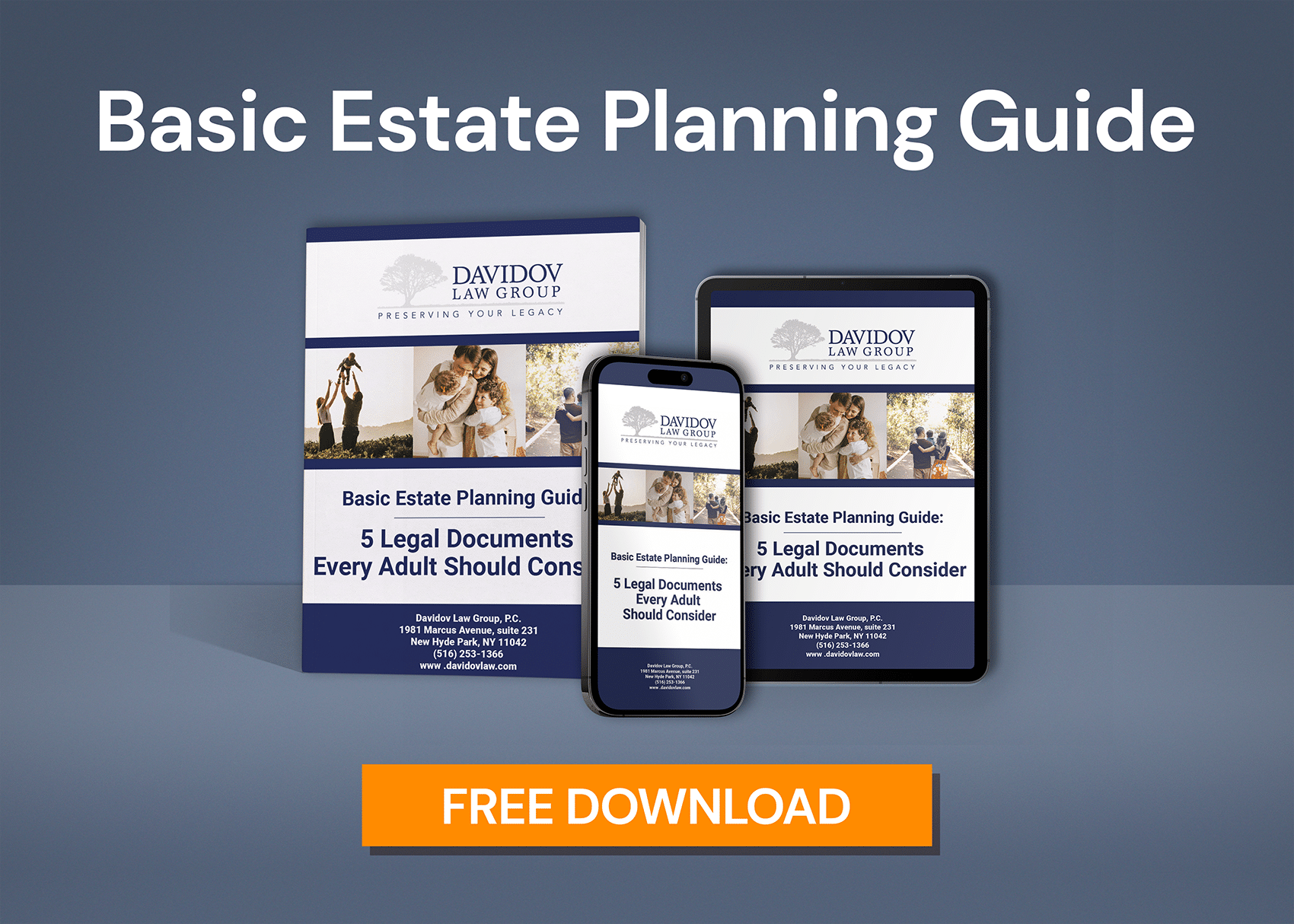Most estate planning clients want to avoid court interference through guardianship proceedings once they learn what it entails. A guardianship is a court proceeding during which your competency is questioned. It is expensive, time consuming, public, and stressful.
If the court determines that you are incapacitated, it will appoint a guardian to take over your finances. You have no control over who the court appoints and it may not be a family member. It might be a local attorney. Your assets will be eaten away by ongoing guardianship fees and court costs.
You can totally avoid guardianship proceedings, court interference, and losing control with a fully funded revocable living trust.
A trust is an agreement that you create; it’s really a set of instructions, explaining how you want your finances handled should you become incapacitated and when you die.
It’s imperative that you fund all of your assets into the trust and designate your trust as the beneficiary of your life insurance policies, retirement accounts, and annuities.
When you have a trust and have granted disability trustees authority to step into your shoes if you become incapacitated, court interference and the guardianship proceeding is avoided.
All assets that can be funded into the trust must be funded; the trust and your disability trustee only controls assets funded into the trust. Be sure to execute an up-to-date power of attorney in addition to your trust to handle any assets that can’t be funded such as retirement investments and qualified annuities.
RED FLAG: Never try to fund retirement accounts and qualified annuities because doing so will accelerate all the income tax due.
RED FLAG: Your power of attorney must specifically say that your agent has the power to deal with life insurance policies, retirement accounts, and annuities.
If you would like to avoid court interference and guardianship, execute and fund a revocable living trust and a power of attorney with the assistance of a qualified estate planning attorney.

 (516) 253-1366
(516) 253-1366


